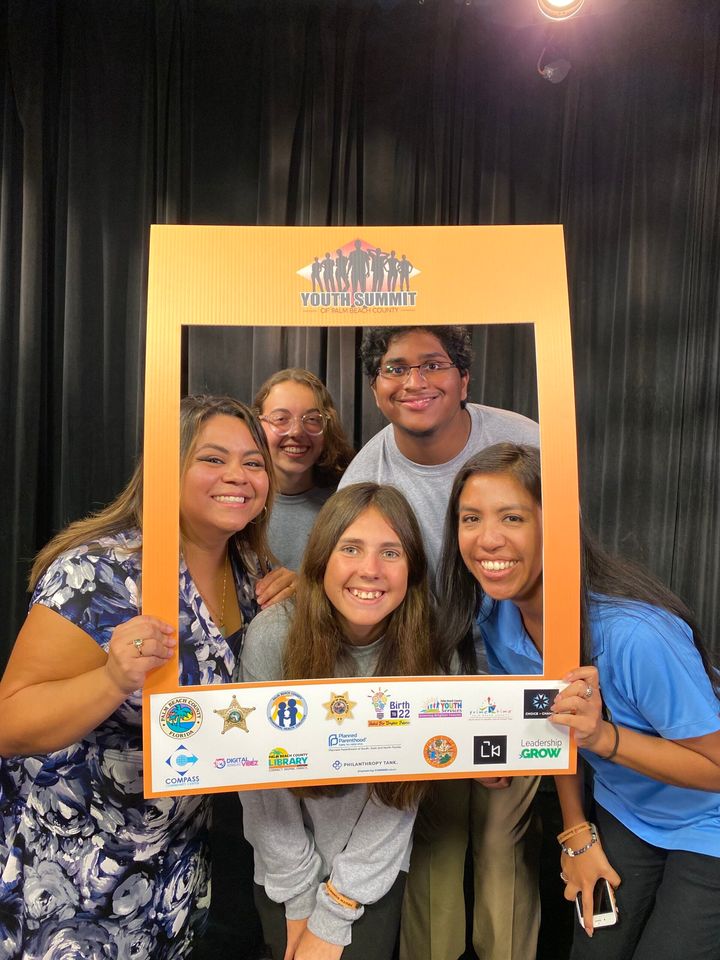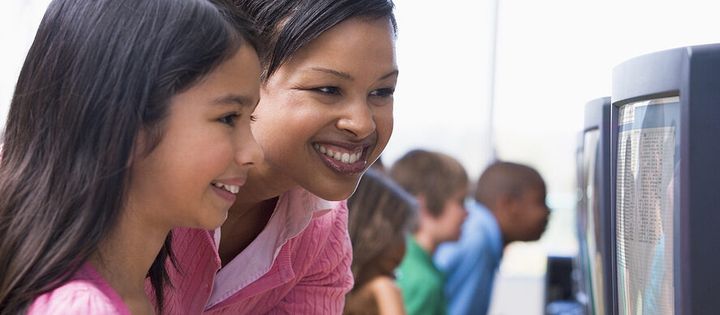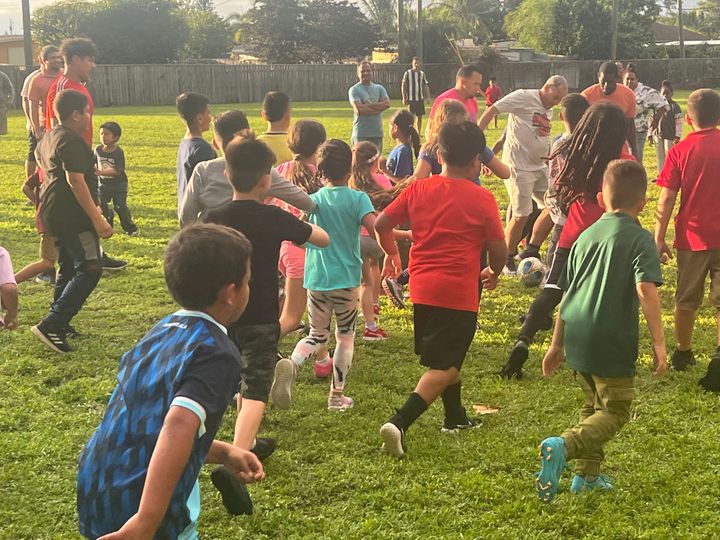Navigate Anxiety Caused by the Coronavirus Outbreak
Written by Knellee Bisram, SEL Specialist and Mindfulness Teacher, Prime Time Palm Beach County
These are challenging times… In a recent New York Times article, psychiatrist and neuroscientist Judson Brewer describes how the fear and anxiety caused by the Coronavirus outbreak can produce stress. He explains that when this anxiety is combined with social contagion, we often go into panic, our thinking brain goes offline, and our behavior follows suit. We start buying more toilet paper than we need for a year because everyone else is doing it, or we ignore safety precautions due to mistrust and a false sense of security. So what can we do when panic happens? Brewer suggests to navigate anxiety caused by the Coronavirus outbreak with a Mindfulness practice to bring our thinking brain back online, to give ourselves the opportunity to recover from the stress and anxiety, and find calm amidst inevitable uncertainty and fear.

For instance, when we find ourselves worrying: “Oh no, I touched my face, maybe I’ll get sick!”, instead of panicking, take a deep breath and ask: “When was the last time I cleaned my hands?” Think. “Oh, right! I just washed my hands.”
This recommendation is grounded in the STOP mindfulness practice – Stop, Take a Breath, Observe your surroundings and your thinking/emotions, and then Proceed with self-care.

Another challenge we are now facing is social distancing and remote living. This can often result in feelings of isolation, disconnection, and even depression.
It can create a feeling of being overwhelmed and chaotic as we transition to working, parenting and living remotely. The truth though is that we are in fact interconnected, especially when facing a common threat, and so we can use this as an opportunity to contemplate our common humanity as we navigate uncertainty together.
Here are some ways we can tap into a sense of interconnectedness and navigate anxiety caused by the Coronavirus outbreak:

- Check out my Seven-Day Self-Care Challenge, a virtual on-demand offering designed to provide basic practice tools that can help us cultivate awareness, self-care and resilience, particularly during challenging times.
- Check in regularly with family, friends, and co-workers via telephone or virtually Zoom, Skype, Facetime or other technology tools.
- Join a virtual mindfulness or wellness class to retrain your brain out of worry and panic and toward ease, and interconnection. Check out HeartMath’s free online BreathWork Summit.
- Boost your immunity by practicing healthy and mindful eating. Follow Michael Pollan’s food rules – eat whole foods, mostly plants, in moderation. Exercise every day in whatever form available and get those happy endorphins stimulated in your brain.
- Spend time outside in nature daily with loved ones to increase oxygen and natural vitamin D intake and build connection.
- Reflect on at least three things daily that you are grateful that you can do now that you are living and working remotely – like less driving, more family time or just being able to slow down.
- Catch up on projects that you’ve been procrastinating or putting off like clearing out the garage, doing taxes or putting together a photo album.
- Appreciate the opportunity to slow down and enjoy the simple pleasures of life – a morning coffee, a long shower, a good book.
Please visit prime-time-palm-beach-county.ghost.io/covid19-ptupdates/ for out-of-school time updates and resources for children and families.



